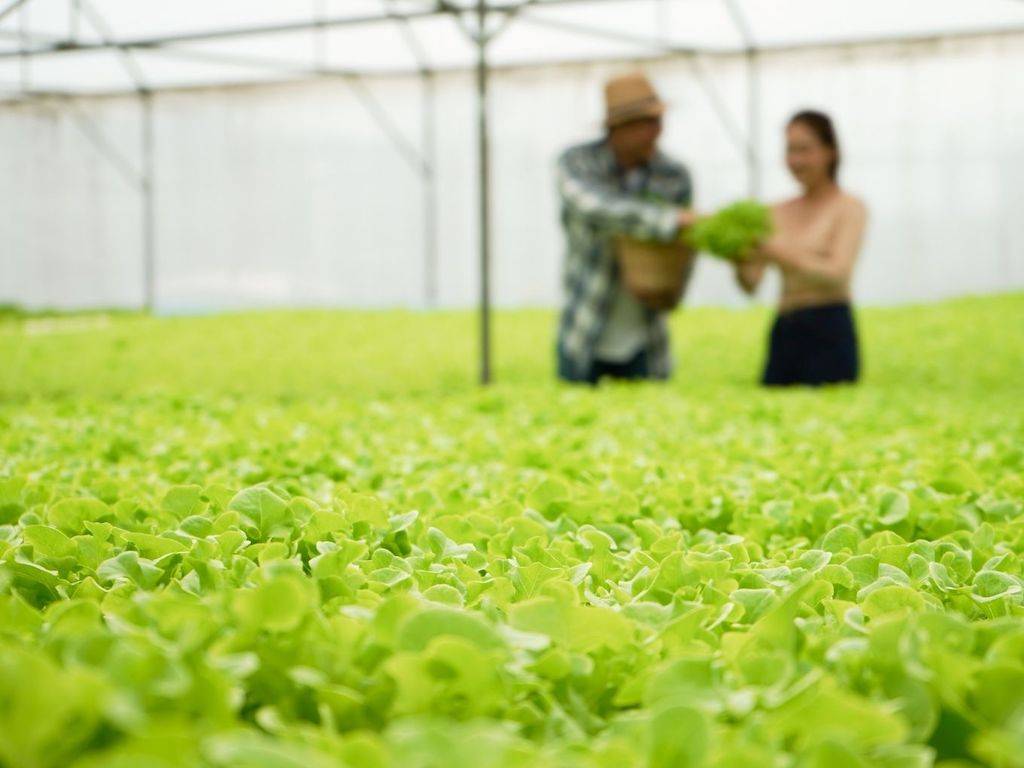
Contract farming is agricultural production undertaken under the terms of an agreement between a purchaser and farmers that specifies the requirements for the production and marketing of a farm product or series of farm products. The farmer usually offers to supply agreed-upon amounts of a given agricultural commodity.
These must meet the purchaser's quality requirements and be shipped on schedule. In exchange, the customer agrees to buy the commodity and, in certain situations, to assist with processing by providing agricultural inputs, land planning, and technical guidance, among other things.
Company models for contract farming:
Informal model: This is the most precarious and unreliable of all contract farming models, with both the agent and the farmer facing default. Nevertheless, it depends on the circumstances: contract interdependence or lengthy trustful agreements can reduce the likelihood of opportunistic conduct.
Intermediary model: the consumer employs an intermediary (collector, aggregator, or farmer organization) to recruit farmers formally or informally (a mixture of the centralized and informal models).
Multipartite model: This model will emerge from centralized or nucleus estate structures, such as after parastatals are privatized. It includes a number of entities, including government statutory agencies, private corporations, and sometimes financial institutions.
Centralized model: The buyers' role in this model will range from limited input provision for example unique varieties, to full control over all facets of output for example from land preparation to harvesting.
Nucleus estate model: The buyer in this model sources both from their own estates/plantations and from contracted farmers. The estate structure requires the buyer to make substantial investments in property, machinery, personnel, and management.
The Benefits:
Contract farming seeks to help both agricultural farmers and agro-processing businesses. Farmer/producer
-
Small farmers can access technology, finance, marketing platforms, and knowledge while lowering transaction costs, making small-scale farming more sustainable.
-
They will have a guaranteed demand for their produce right outside their door, lowering marketing and transaction costs.
-
It lowers the risk of demand, as well as the costs of pricing and promotion.
-
Contract farming will open up new opportunities for small farmers that would otherwise be closed to them.
-
It also ensures higher-quality produce, financial assistance in cash and/or kind, and technical assistance to farmers.
Agriculture-based companies:
-
Utilize their installed capability, facilities, and manpower to the fullest extent possible, and respond to customer complaints about food safety and quality.
-
Invest directly in farming operations with private capital.
-
Negotiation between suppliers and businesses is used to set prices.
-
Farmers agree to contract production in exchange for a guaranteed price and a set of terms and conditions.
Obstacles:
-
Contract farming is sometimes blamed for favoring large corporations or large farmers while manipulating small farmers' lack of bargaining power.
-
Growers faced issues such as companies slashing the quality of their produce, late arrivals at the mill, late fees, poor prices, and insect attacks on the contract harvest, all of which increased the cost of production.
-
Contracting deals are frequently verbal or informal in nature, and even signed contracts in India do not often have the same legal security as in other countries. Contracts may be violated by any side due to the failure to implement contractual clauses.
NABARD's Contact Farming Measures:
NABARD created a special refinance program for contract farming arrangements (both inside and outside AEZs) with the goal of increasing commercial crop production and providing farmers with new marketing opportunities. NABARD has taken a number of steps in this direction, including:
-
Interventions of money
-
100 percent refinance to disbursements made by CBs, SCBs, RRBs, and pick SCARDBs for contract farming in AEZs (having net NPA less than 5 percent )
-
Repayment service on a set period (3 years)
-
Fixing a higher financial scale for crops grown under contract farming.
-
In addition to medicinal and aromatic plants, the refinance system for funding farmers for contract farming in AEZs has been expanded to include contract farming outside of AEZs.
-
Under the Automatic Refinance Facility, the refinance system for contract farming has been extended.
Agricultural products that are CF-friendly:
Tomato pulp, organic dyes, meat, pulpwood, fungi, dairy production, edible oils, tropical crops, baby corn cultivation, basmati rice, medicinal plants, potato for chips and wafers, tomatoes, mandarin oranges, durum cotton, flowers and orchids, and other agricultural products are ideal for contract farming activities.
The most important minimum conditions for suitable contract schemes are as follows:
In general, the project must:
-
Not lead to overspecialization of farmers in those crops at the expense of building resilience and contributing to local food security
-
Promote sustainable farming practices rather than reliance on chemicals or expensive seeds, or lead to excessive debts
-
Lead to higher incomes for farmers than they might otherwise earn, and substantially include women farmers as compared to alternative models.
-
Include woman farmers and promote their rights and promote farmers' land rights
-
Obtain free, prior, and informed consent from those who will be impacted by project design and execution.

















